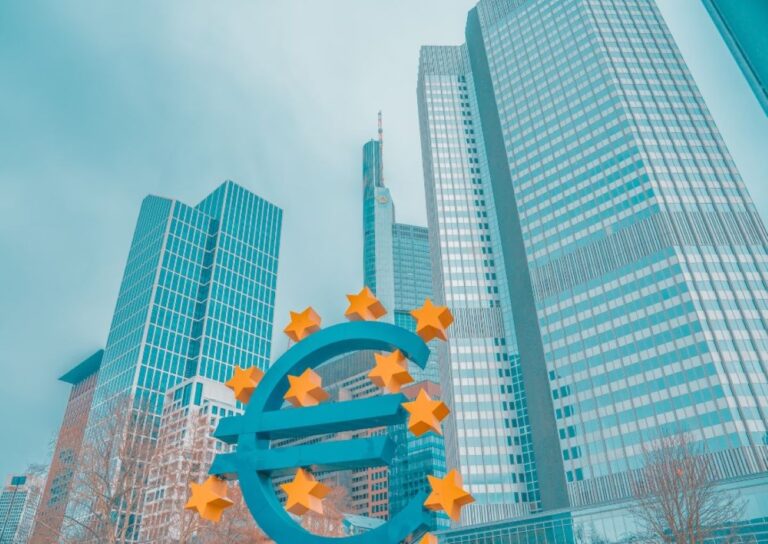The rise of far-right parties across Europe, alongside Hungarian Prime Minister Viktor Orbán assuming the EU Council presidency, is expected to impact EU decision-making.
This shift may result in slower progress on environmental goals and a more stringent approach to immigration policies.
Strengthening the Capital Markets Union is set to be a primary goal for the upcoming European Commission. The initiative enjoys strong backing from euro area finance ministers.
Experts emphasize the urgency of mobilizing private capital effectively to enhance EU competitiveness. This involves fostering job creation, improving the business environment, and bolstering efforts in research, innovation, and education. These endeavors are crucial for advancing the green and digital transitions in Europe.
Table of Contents
Bridging financing gaps and strategic investments
Mario Draghi has underscored a substantial financing gap of €500 billion annually between Europe and the United States. To address this, he suggests that one-third of the necessary funds should come from public sources.
Despite about €95 billion of unused funds from the Next Generation EU initiative, additional financing is still required and could be sourced through new EU joint debt mechanisms and public-private partnerships.
Focus on security and defense investments
There is a growing emphasis on increasing investments in security and defense within Europe. The European Investment Bank’s decision to facilitate financing for SMEs in the security and defense sectors reflects this trend.
The extent to which Europe strengthens its commitment to defense financing, including potential joint debt issuance, hinges on the outcome of the upcoming US elections and the subsequent administration’s NATO stance.
Experts highlight Europe’s structural challenges, including a slow post-Covid economic recovery, demographic shifts with an aging population, and moderate productivity growth.
Effective action on these fronts by the new European Commission could position the EU to tackle these longstanding issues decisively.
Read also: Which are the candidate states to join the European Union?












